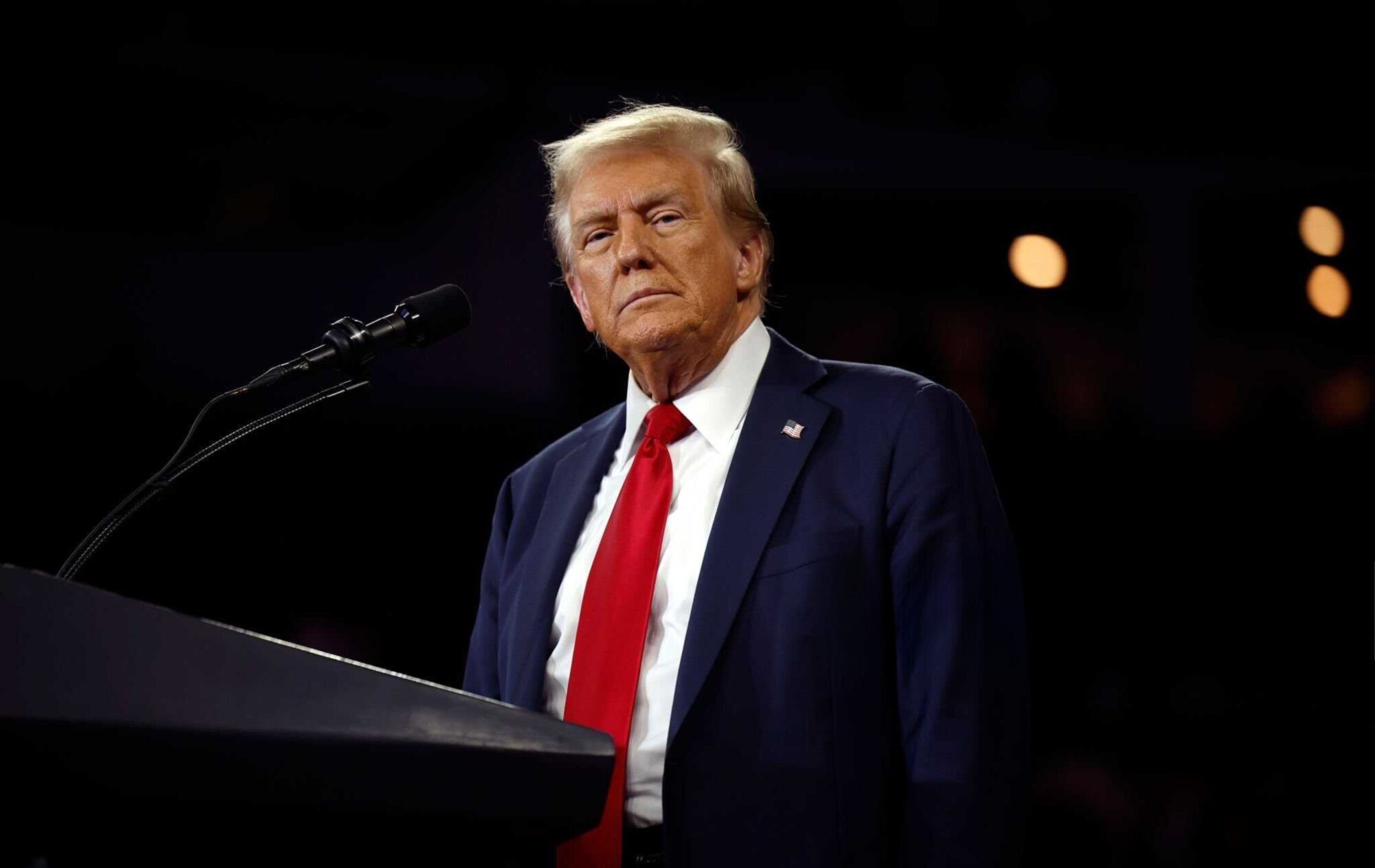
Every child deserves the best chance for success—regardless of zip code, regardless of race, and regardless of their parents’ income.
This week is National School Choice Week. It is fitting then that last night the Iowa legislature passed the Students First Act. The bill, which Iowa Gov. Kim Reynolds’ successfully campaigned on, will give every family in Iowa the freedom to use their child’s portion of state education funding on the school setting they choose. The money will follow the child.
Iowa joins a growing list of states that are putting trust back in families. Legislation like the Students First Act recognizes that parents know their children best, are most invested in their success, and are most attuned to their needs.
Too often, efforts to expand options for families are portrayed as being opposed to public schools. The argument has always struck me as disconnected from both the motivation and effect of robust choice. Perhaps that is because I am a product of public schools, with a sister who is a public school teacher, and two children who attend public school.
Empowering families to make education decisions is not about pitting public schools against private schools, home schools, or innovative models like micro schools. There are excellent teachers and administrators in every system. Choice fundamentally is about putting students before systems. Our children are unique. They think differently, act differently, and learn differently.
A child struggling in one education environment, no matter how good it is for other students, might thrive in another school setting. Unfortunately, too often families lack the ability to find that right fit. The options either are not available in their communities, or they are financially unobtainable. That’s unacceptable. Every child deserves the best chance for personal success—regardless of zip code, regardless of race, and regardless of their parents’ income.
Other states have recognized these truths and chosen to believe in families to make the right education decisions for their children.
In Florida, nearly half of all children are being educated in a setting other than the public school district where they live.
For many, this means choosing to attend another nearby public school. For others, it means participating in a digital learning program run by the state. For others still, it might mean attending a private school, being a part of a micro school, or homeschooling. None of these programs have hindered Florida’s public schools, or its educational achievement, in the process.
The Sunshine State supports families with a robust array of financial programs, from tax credit scholarships to education savings accounts. These programs level the playing field, giving lower income families the same options as higher income families. And Florida is not alone.
Arizona has long offered a robust public charter school environment. In recent years, it has expanded its efforts through the creation of a universal education scholarship account program available to all Arizona families. West Virginia, a state with many of the same challenges as Mississippi, has implemented a similar program.
The trend is toward customization. Last year, the U.S. Supreme Court weighed in with a ruling that could serve to increase interest in choice programs. In Carson v. Makin, the High Court held that states that offered education scholarship account programs could not discriminate against religious schools.
The decision means that parents participating in an ESA program can choose to send their kids to religious schools. This opens new doors for families concerned with how the education of their children aligns with their values. It could also provide new opportunities for churches and other faith-based organizations to offer education options.
Finally, a word on the politics of believing in families to make the right education choices for their children. Republican Governor Glenn Youngkin won purple Virginia largely on the back of giving parents back the power over their kids’ education. Republican Ellen Weaver won a state superintendent of education election after a think tank career pushing school choice and against anti-choice opponents. Governor Reynolds in Iowa made the Students First Act the focal point of her re-election.
Mississippi has made tremendous strides in education in recent years. It need not take its foot off the accelerator. Effective choice programs that empower parents are one more tool in the arsenal to continue growth.
There has never been a better time to embrace the idea that our children are unique, that they deserve a quality education that fits their unique needs, and that families should be trusted with those decisions.











